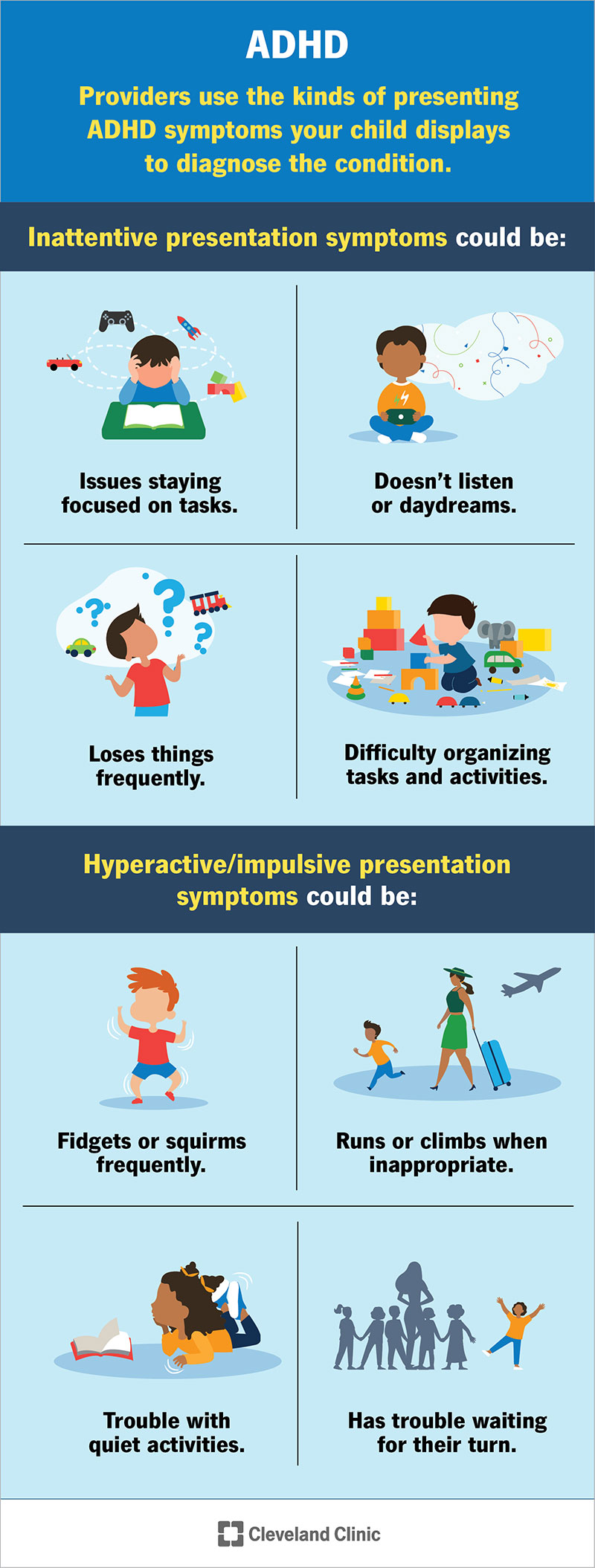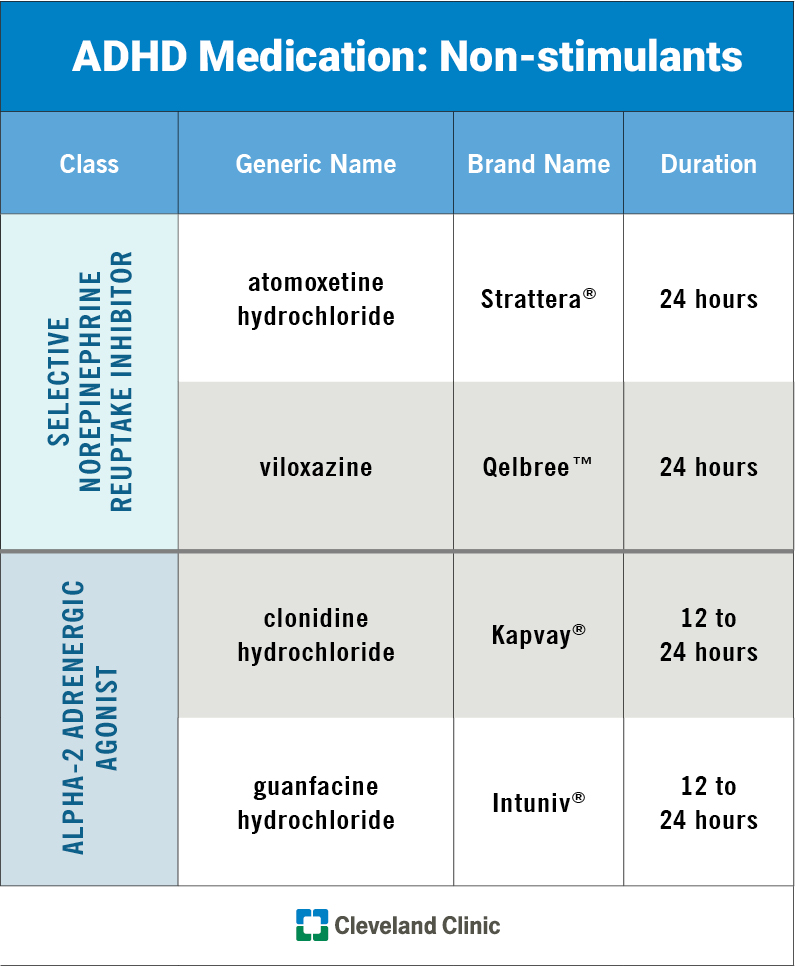Your Overview to Discovering the Right ADHD Treatment for Enduring Outcomes
Browsing the complexities of ADHD therapy calls for a nuanced understanding of both the problem and the myriad options available for effective management. It is essential to identify that what jobs for one person might not always generate the exact same outcomes for an additional.
Understanding ADHD and Its Impact

In adults, ADHD can lead to obstacles in work environment atmospheres, influencing performance, time administration, and interpersonal partnerships. Usually, undiagnosed or poorly handled ADHD can add to co-occurring psychological health and wellness issues, such as anxiousness and anxiety, further making complex a person's general well-being.
The social perception of ADHD can differ, causing preconception and misconception, which might prevent individuals from seeking aid. As awareness grows, it is vital to promote an environment that advertises understanding and support for those influenced by ADHD, highlighting the requirement for exact diagnosis and customized techniques to minimize its effect on everyday life.
Introduction of Therapy Choices
A comprehensive technique to treating ADHD includes a variety of alternatives customized to the individual's one-of-a-kind demands. These options can generally be categorized right into behavior interventions, psychoeducation, and way of life alterations, along with pharmacological treatments that may be checked out later on.
Behavioral treatments, such as cognitive-behavioral therapy (CBT), emphasis on customizing specific habits and creating coping strategies to handle symptoms successfully. Psychoeducation plays an essential function in encouraging both people and their families by providing info concerning ADHD, its obstacles, and effective techniques for support.
Way of life adjustments can significantly influence ADHD management. Regular exercise, a balanced diet, and appropriate rest add to total health and signs and symptom control. Mindfulness techniques and leisure strategies can additionally boost emphasis and lower impulsivity.
Support system and family therapy can promote a sense of community and understanding, helping individuals really feel less isolated in their experiences. Each treatment option should be thought about along with the individual's preferences and conditions, making certain an all natural strategy that advertises long-lasting success. Ultimately, the objective is to develop a tailored therapy plan that deals with the particular challenges related to ADHD while improving overall quality of life.
Drug: Benefits And Drawbacks
Medicine plays a pivotal function in the treatment of ADHD, with various options readily available that can substantially minimize symptoms for many people. Stimulants, such as methylphenidate and amphetamines, are typically suggested and have actually revealed efficiency in enhancing emphasis, decreasing impulsivity, and boosting general behavior. These medicines work more tips here by enhancing dopamine and norepinephrine degrees in the mind, which are usually dysregulated in those with ADHD.
However, using medication is not without its challenges. Some people may experience side results, including insomnia, decreased appetite, or boosted anxiety. Finding the best dosage can be a trial-and-error process, calling for close monitoring by health care specialists. Furthermore, not all individuals respond to stimulant drugs, leading some to explore non-stimulant options, which might have a postponed onset of activity or different negative effects.
It is essential for individuals and their households to evaluate these pros and disadvantages carefully. Balancing the advantages of signs and symptom management against potential adverse effects is important for accomplishing optimal treatment results. Partnership with doctor can facilitate informed choices, ensuring that medication is part of a comprehensive ADHD management strategy.
Behavior Therapy Strategies

One generally used method is Cognitive Behavior modification (CBT), which helps individuals determine and alter unfavorable idea patterns that add to ADHD-related obstacles. Therapist for ADHD. Through CBT, clients learn to establish practical goals, manage time successfully, and develop organizational systems
One more efficient method is Parent Monitoring Training (PMT), which enlightens moms and dads on exactly how to enhance favorable habits and decrease negative ones with consistent self-control and communication techniques. This method fosters a helpful home atmosphere that motivates behavioral improvements.
Social abilities training is likewise important, helping individuals with ADHD browse social interactions more effectively. Role-playing and modeling ideal habits can improve social proficiency and reduce anxiety in social situations.
Way Of Living Modifications for Better Administration
How can lifestyle modifications considerably boost the management of ADHD signs? Carrying out strategic way of living modifications can cause substantial enhancements in emphasis, organization, and psychological policy for people with ADHD.
Firstly, developing an organized daily regimen helps in producing predictability, which can alleviate feelings of bewilder. Regular schedules for meals, research, and sleep can improve day-to-day performance.
Incorporating routine physical task is browse around this web-site also critical, as exercise has been revealed to enhance dopamine levels, boosting attention and motivation (Therapist grief depression for ADHD). Intending for a minimum of thirty minutes of moderate exercise most days can be valuable
Nutrition plays an essential function. A well balanced diet plan abundant in omega-3 fats, entire grains, and healthy protein can support cognitive function. Limiting processed sugars and caffeine might lower signs and symptoms, as these can lead to energy crashes and irritability.
Final Thought
Finally, finding the right ADHD treatment necessitates a multifaceted approach that considers private requirements and preferences. A combination of medication, behavior modification, and way of living alterations can considerably improve sign management and overall well-being. Taking part in psychoeducation and developing organized routines even more supports effective therapy methods. Cooperation with health care experts and open interaction with support networks are crucial parts in navigating the complexities of ADHD management, eventually resulting in long lasting outcomes and enhanced lifestyle.